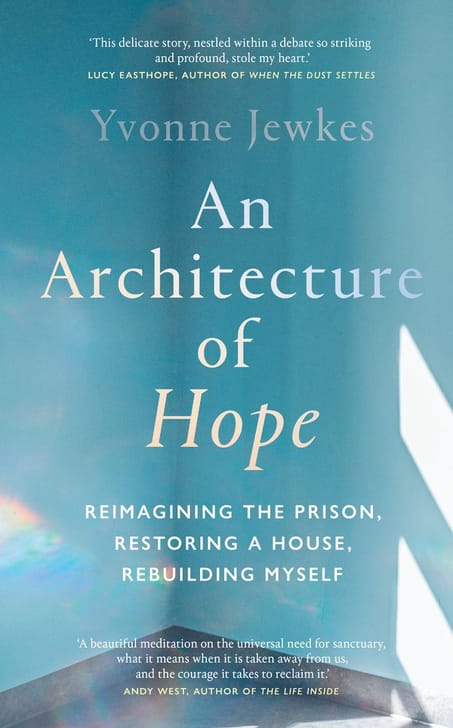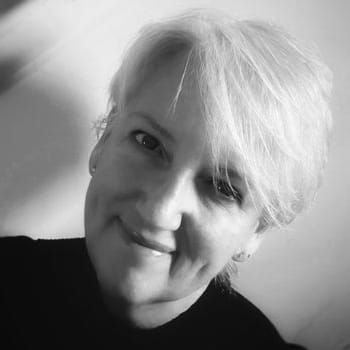
An Architecture of Hope:
reimagining the prison, restoring a house, rebuilding myself
An Architecture of Hope:
reimagining the prison, restoring a house, rebuilding myself
Overview
Should architecture be used for punishment? How might the spaces we inhabit nurture or damage us? How can we begin to start over after the worst has happened?
Criminologist Yvonne Jewkes grapples with these questions every day as the world’s leading expert on rehabilitative prison design; she also faces them in her personal life when her partner of 25 years leaves her in the middle of a nightmare renovation project and then lockdown sees her trapped there.
Used to fighting the punitive prison system to create spaces that encourage reflection, healing, even hope for those incarcerated, she must learn to be similarly compassionate to herself, as she considers what might help someone at the lowest point in their life to rebuild.
There are 11.5 million prisoners worldwide, and most of them will eventually be released back into society. Yvonne asks: ‘Who would you rather have living next door to you? Or sitting on the train next to your daughter? Someone who has been treated with decency in an environment that has helped to heal them and instilled hope for their future? Or someone who has effectively been caged and dehumanised for years?’ Challenging our expectations of what prisons are for, she takes us along their corridors, into cells, communal spaces, visitors’ areas, and staffrooms, to the architects’ studios where they are designed, and even into her own home, to show us the importance of an architecture of hope in the face of despair.
Details
- Format
- Size
- Extent
- ISBN
- RRP
- Pub date
- Rights held
- Other rights
- Hardback
- 216mm x 135mm
- 336 pages
- 9781914484780
- GBP£18.99
- 26 September 2024
- World English
- PEW Literary Agency
Praise
‘Yvonne Jewkes takes a vital question — what are prisons for? — and turns it into a much wider and beautifully written reflection on the meaning of home. Her book is full of hard-won authority and expertise conveyed in tenderly human ways.’
About the Author
Yvonne Jewkes is Professor of Criminology at the University of Bath and Honorary Visiting Fellow at the University of Melbourne. She is the world’s leading expert on rehabilitative prison design, and a reluctant house renovator. Passionate about the potential of architecture to improve the quality of all our lives, her research has taken her to prisons as diverse as those in Norway, Spain, and Japan. Meanwhile, her role in helping to design corrections facilities in the UK, Ireland, Australia, and New Zealand has been rewarded with two prestigious prizes that celebrate the ‘real world’ impact of academic expertise.
